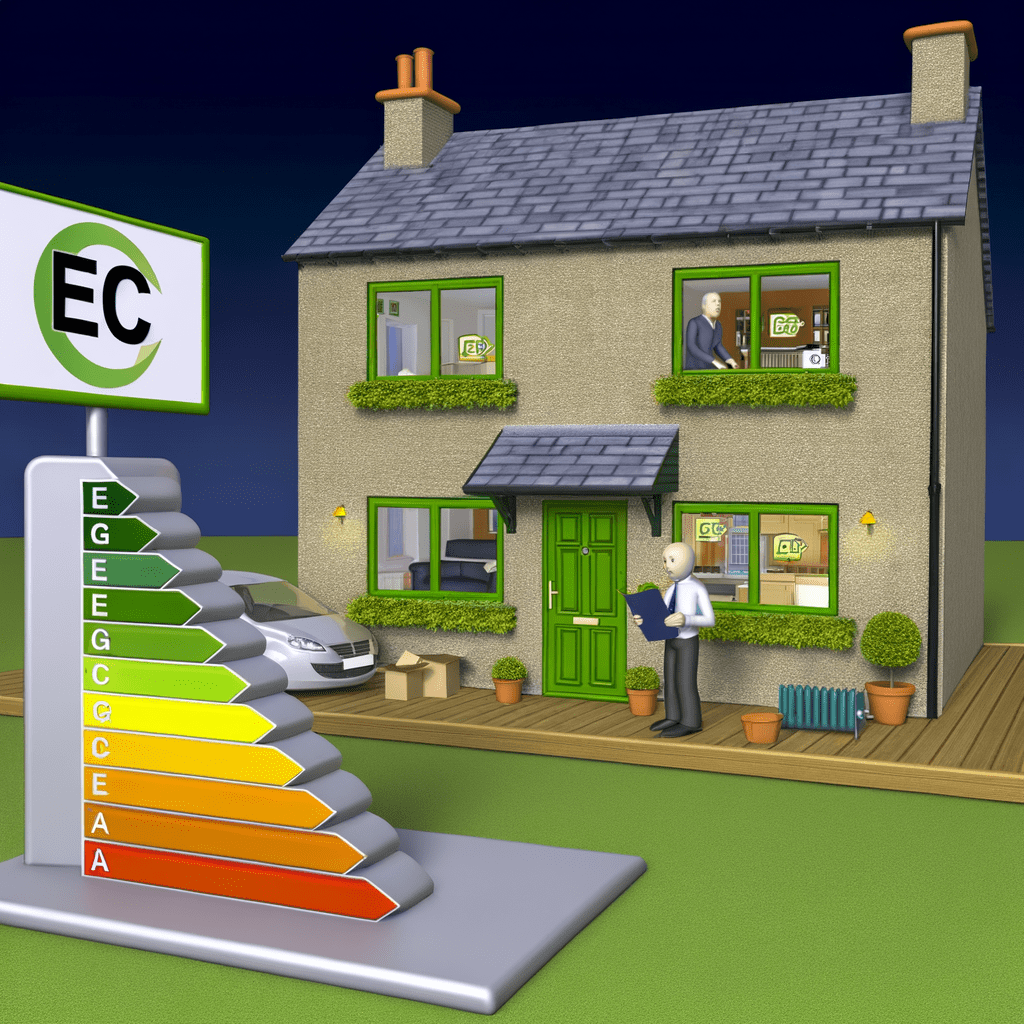“Empowering Your Property Purchase: A Comprehensive Guide to Energy Performance Certificates (EPCs)”
Understanding Energy Performance Certificates
In the contemporary era of growing environmental consciousness, energy efficiency emerges as a primary concern for property buyers. At the heart of this focus lies the Energy Performance Certificate (EPC) – an intricate document that can either sweeten or sour a property deal. Withstanding its technicalities, an EPC is nothing more than a comprehensive report of a property’s energy efficiency.
Graded from A (most efficient) to G (least efficient), the EPC rating is a potent tool that could substantially influence a property’s desirability amongst buyers, dictating its market value. Naturally, this rating significantly impacts those engaged in the letting market, as prospective occupants become mindful of managing energy bills.
Properties Exempt from EPCs
Delving into the realms of EPC regulations, it’s essential to know that not all properties require accomplishing this mandate. Certain exceptions include places of worship, temporary structures that are expected to be in use for less than two years, buildings scheduled for demolition, and industrial sites or workshops with low energy demand. However, these instances are more the exceptions rather than the norm, with most residential and commercial properties needing an EPC.
The Effects of Household Appliances on EPCs
Given the importance of energy efficiency in today’s ecologically-conscious world, it’s unsurprising that the very appliances that make a building liveable can drastically affect a property’s EPC rating. Older, energy-draining appliances can detrimentally impact the rating, marking down the property’s energy efficiency. Replacing these with energy-efficient models can result in noticeable improvements in the EPC rating.
Influence of an EPC on Property Value
An EPC rating substantially affects the property’s market value. Properties with higher EPC ratings reflect better energy performance, leading to more demand from potential buyers. Conversely, properties with poor EPC ratings may be challenging to sell or let. In some instances, property owners may be required to undertake energy efficiency improvements before the property can be rented out.
Implications of a Poor EPC on Letting a Property
Possessing a property with a low EPC rating can significantly impact landlords. Since April 2020, landlords are legally obligated to ensure that their properties meet a minimum EPC rating of ‘E’ before they are rented out to prospective tenants. Failing to comply with this regulation could result in hefty fines, overshadowing any prospective profit.
Sustainability Measures for a Better EPC Rating
Improving an EPC rating is usually down to a combination of small changes and larger-scale adjustments. Simple strategies for improving a property’s energy efficiency include upgrading outdated appliances to energy-efficient models, and incorporating smart technology like energy usage monitors. Larger interventions could incorporate installing insulation, using renewable energy sources or upgrading the property’s heating system. In some cases, these measures can be subsidised by government grants, reducing upfront costs.
A solid understanding of EPC ratings and their significance forms a critical part of the property buying process. Comprehensive knowledge enables buyers and landlords to make informed decisions, invest wisely and get the best value for their money.
At Flettons, we’re committed to safeguarding your investment. When considering a property purchase, trust our seasoned expertise to reveal any hidden threats. For a thorough building survey, get your instant quote through our quote calculator or reach out directly at 0203 691 0451. Your home’s safety is our top priority.

